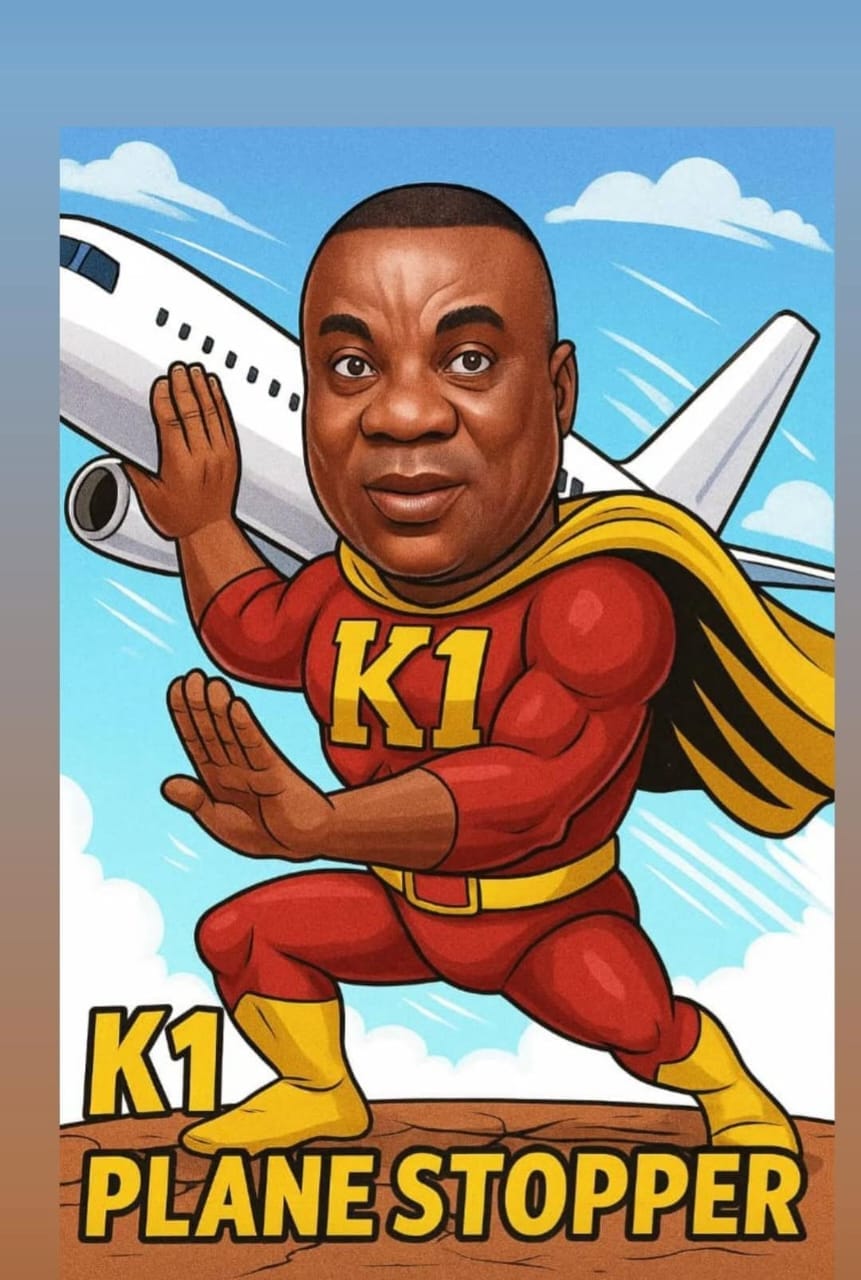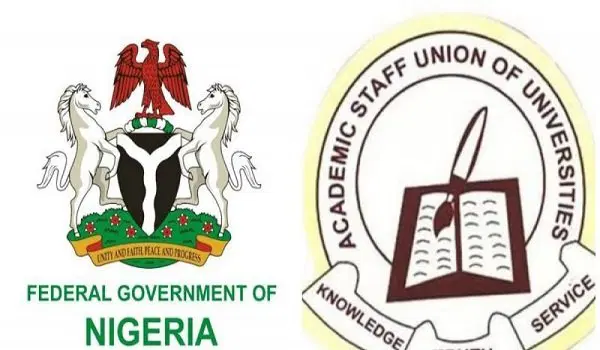
Carry-On Customs vs. the Tarmac Tango: Understanding Cabin Rules in the Wake of the KWAM 1–ValueJet Incident


The recent confrontation involving Fuji legend King Wasiu Ayinde Marshal (KWAM 1) and ValueJet Airlines at Abuja’s Nnamdi Azikiwe International Airport thrust Nigeria’s carry-on liquid regulations and aviation security protocols into the spotlight.
What Went Down
On August 5, 2025, during boarding, KWAM 1 attempted to take a flask of liquid aboard a ValueJet flight to Lagos. Security officials flagged the container—suspecting it held alcohol, which is prohibited onboard—and asked for it to be surrendered. KWAM 1 insisted it contained water, purportedly necessary due to chronic dehydration.
The situation escalated dramatically. Reportedly, he spilled the liquid on a security officer, refused to exit the plane, and even stood on the tarmac, blocking the aircraft’s movement. The Nigeria Civil Aviation Authority (NCAA) suspended two ValueJet pilots for commencing taxiing while the standoff was ongoing, and the Minister of Aviation described it as akin to a “hostage situation.” On August 8, KWAM 1 issued a public apology, reiterating that the flask contained only water.
Nigeria’s Carry-On Liquid Rules: What You Need to Know
Under Nigeria’s National Civil Aviation Security Programme (NCASP) and ICAO Annex 17—which guide domestic aviation screening—liquids exceeding 100 ml in carry‑on bags must be declared and screened accordingly. Non‑compliance may result in confiscation or denial of boarding. Nigeria’s Federal Airports Authority (FAAN) has made it clear that these rules are non‑negotiable, and all passengers—regardless of status—must comply.
When Protocols Blow Up
This incident underscores two crucial lessons:
- Liquid Rules Still Apply
Despite pressure or claims—medical or otherwise—restrictions remain. Flask claims aside, there are international standards: containers must be 100 ml or less and packed in transparent, resealable bags. Exceptions, like medication or infant milk, may be allowed with complete documentation but require prior clearance. - Safety Over Stardom
Even legendary figures like KWAM 1 are subject to safety and security protocols. Aviation officials must enforce rules impartially.
Looking Ahead
To avoid similar flare-ups:
- Passengers should clarify with airlines and airport authorities about permissible fluids before travel—especially if carrying medication or other essential liquids.
- Airlines and Security Staff should reinforce clear, consistent communication, especially with high-profile passengers, to prevent misunderstandings.
- Broad awareness campaigns may help educate the traveling public on permissible and prohibited items, reducing confrontations.
In Conclusion
The KWAM 1–ValueJet debacle, as chaotic as it was, offers a teachable moment: aviation security is not flexible—nor is it disposable. Whether it is a water flask or a musician’s eloquent plea, rules are rules. And when they are not followed, the consequences—operational delays, disciplinary actions, and public embarrassment—can be steep.
Yinka Dams Olaiya LLM, PhD in v is the Lead Partner at Yinka Olaiya & Co. Ikoyi, Lagos.



